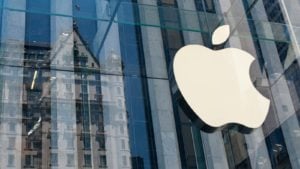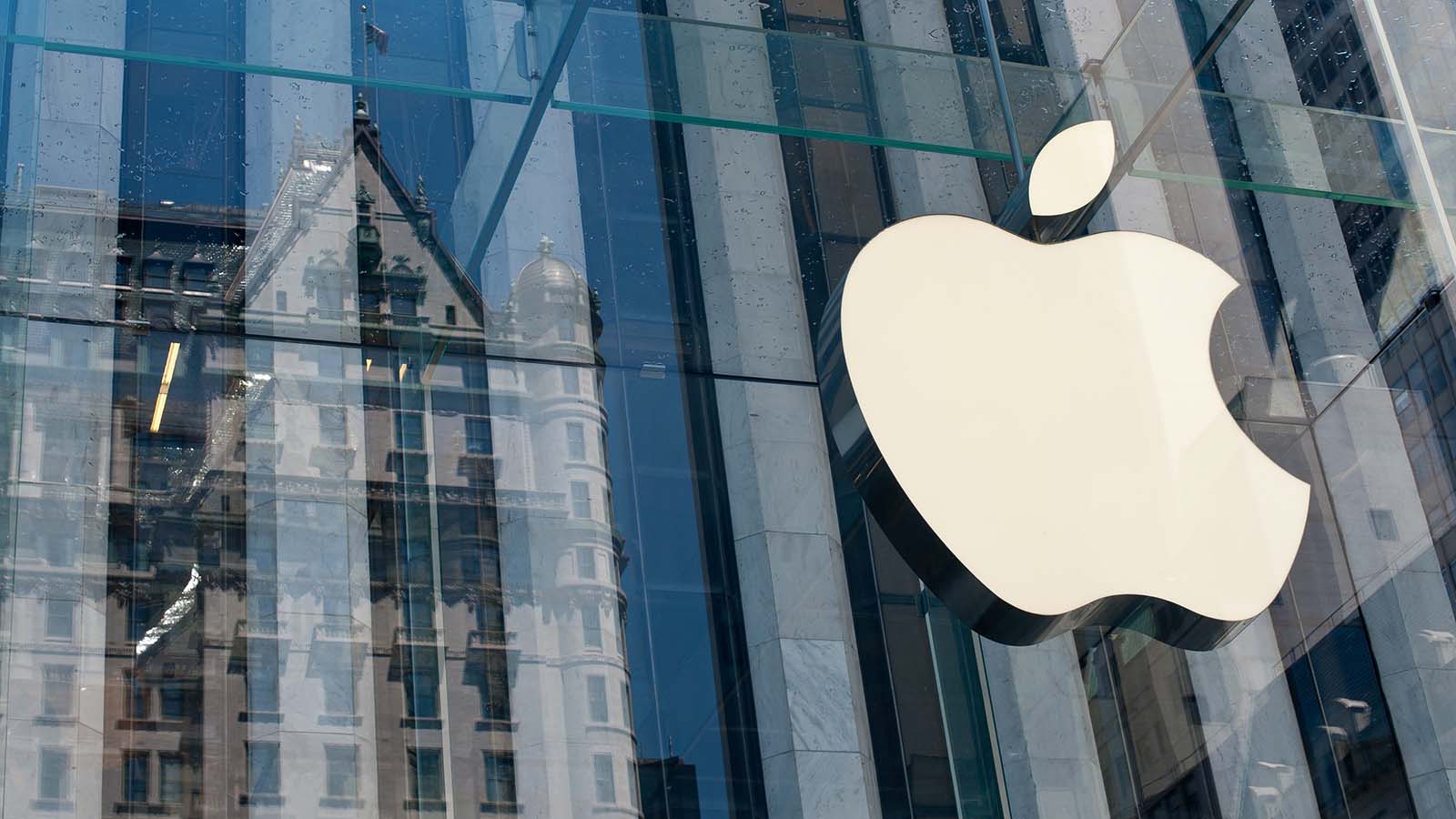Since the day Steve Jobs died, Oct. 5, 2011, Apple (NASDAQ:AAPL) shares are up 813%.

Tim Cook made Apple the stock of the decade by following some key trends. He has split the stock twice and instituted a dividend. He was late to the cloud but caught up. Services are now 20% of revenues, and 34% of that revenue is net income. Cook gave us the Watch and has made Apple a film studio.
Apple is now the world’s most valuable company. Its market capitalization on Dec. 28 is $2.24 trillion. After a 4:1 stock split, shares traded at $132.50. This despite a price-to-earnings multiple of 40.
But with great power comes great responsibility. Apple needs a new act.
What Will ‘Drive’ AAPL Stock
Even after paying out $14 billion in dividends and buying back up to $70 billion of AAPL stock, the iconic tech maker still had about $91 billion in cash and securities at the end of September.
This means Cook must constantly find big investments. Cloud was a big investment. Designing its own chips, to make the iPhone and Macintosh PCs hardware compatible, is a big investment. Apple is not yet a chip manufacturer. But it’s worth 10 times more than Intel (NASDAQ:INTC) and could easily build or buy its own fabrication plants.
But what has tongues wagging is the idea of an Apple Car. Apple’s “Project Titan” reportedly focuses on battery technology and full autonomous operation. Elon Musk says he tried to sell Tesla (NASDAQ:TSLA) to Apple in 2018 at one-tenth its current valuation.
Morgan Stanley (NYSE:MS) says an Apple car represents a bigger threat to Tesla than the legacy car makers. It now sees cars as a logical extension of Apple’s services business. Tesla fell about 5% on the news, a loss of $30 billion.
The story illustrates some important points about Cook and Apple. Cook is conservative with money, in the best possible way. Apple needs to find big tasks to keep money moving and justify its stock price. Apple rumors can move big markets. Apple credibility is at an all-time high.
The Jobs Model
Apple’s success under Cook also illustrates something he learned from Steve Jobs: the proprietary model.
Before Jobs returned to Apple in the late 1990s, the company licensed its PC technology to others. This was anathema to Jobs. It’s anathema to Cook.
Apple is a walled garden. It controls the entire product and service space its products inhabit. With governments increasingly skeptical of technology, Apple is the “one throat to choke” on a significant part of it. There are no longer any revolutions at Apple. Products like the Watch evolve.
But evolution is the revolution. Apple has more control over its ecosystem than any other company ever has before. This means ideas that seem revolutionary, like making chips or even cars, are seen by Wall Street as just brand extensions. This has been in the company’s DNA since it launched the Apple II in the 1970s. Apple is the only PC company from that era that still makes PCs.
The Bottom Line on Apple Stock
CNBC’s Jim Cramer is right. Apple stock is one you own, not one you trade.
After losing money in Apple during Jobs’ absence in the 1990s I have made money on it. Since Cramer taught me to stop trading four years ago, the value of Apple shares in my retirement plan has doubled.
Apple no longer must grow rapidly to make you money. Buybacks will give you capital gains. Dividends will give you a little income. The potential for bigger dividends, easily affordable, can give you more.
An Apple car is an interesting story. But regardless of whether Apple ever builds one, you can enjoy the ride.
At the time of publication, Dana Blankenhorn had long positions in AAPL and INTC.
Dana Blankenhorn has been a financial and technology journalist since 1978. His latest book is Technology’s Big Bang: Yesterday, Today and Tomorrow with Moore’s Law, essays on technology available at the Amazon Kindle store. Write him at [email protected] or follow him on Twitter at @danablankenhorn.
